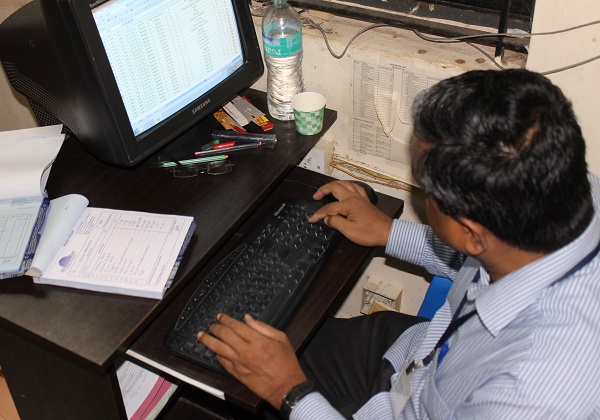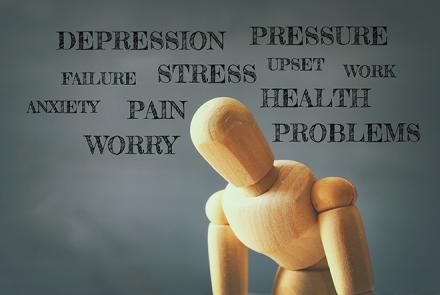
Severe mental illness like Schizophrenia and Bipolar Disorder can get better with appropriate care. But when it begins to raise its disturbing head again in a person, it tends to have a few telltale signs. Tanya Dutt, founder of AtmaNirbhar explains how it is important for an employer to recognise and manage these situations at a workplace.
Work is an important part of our lives and well being and is a key factor in the recovery of a person battling a mental health issue like Schizophrenia. For a person with mental illness, being gainfully employed increases self-esteem, gives a sense of being valued and productive, helps in functionality and forming an identity. In an everyday situation our environment is filled with stress and unpredictability and a person will mental ill health might be vulnerable to certain factors which even with the timely management of the illness, could lead to a relapse of the illness.

Relapses are the return of symptoms of the illness after a period of time when no symptoms are present. Is it possible to circumvent a relapse? As an employer of persons with mental illness, what are the five signs of a relapse to watch out for at the work place and what you could do in these situations.
Five signs that indicate a relapse could be imminent and ways to address these issues
1. Absence from the work place
When the individual who has been fairly regular at work begins to take leave often or refuses to do any work preferring to do nothing for long periods of time, the supervisor should pay attention to signs of distress before the individual completely stops showing up for work.
2. Personal hygiene
When the individual begins to suddenly show up at work in a dishevelled and unkempt manner for several days or if their personal hygiene is lacking, there could be a possibility of underlying distress.
3. Disturbed behaviour
When the individual who has been relatively polite and articulate begins to display signs of aggression or withdraws into extended periods of silence, there is a need to address the situation.
4. Communication lapse
When the individual starts communicating in disjointed sentences, incoherent language or slurry speech, these issues should be addressed immediately.
5. Delusional Thoughts
When the individual begins to verbalise their delusions in an effort to convince everybody around them, the possibility of a relapse is imminent.
How do we deal with this
The Supervisor/Manager must
- Ascertain whether the work environment is conducive to the individual’s performance or whether the individual is either overworked or under motivated to perform his work.
- Ascertain if there is any friction between individual’s relationship with co workers and managers.
- Communicate with the caregivers if required.
- Provide support to the individual to return to work once he gets well.
At any point of time the supervisor/employer should have an open and empathetic line of communication with the individual. When signs of a relapse begin to exhibit the supervisor must be proactive in looking for the source of distress - whether the distress is environmental or organic and provide support as required.
AtmaNirbhar is a non-profit that is focussed on creating gainful employment opportunities for persons with severe mental illness. Atmanirbhar manages four retail stores employing 18 individuals with mental ill health. The recommendations above are based on the experiences at AtmaNirbhar.
If you have a question as an employer or a caregiver or a person with mental illness you can write in here














